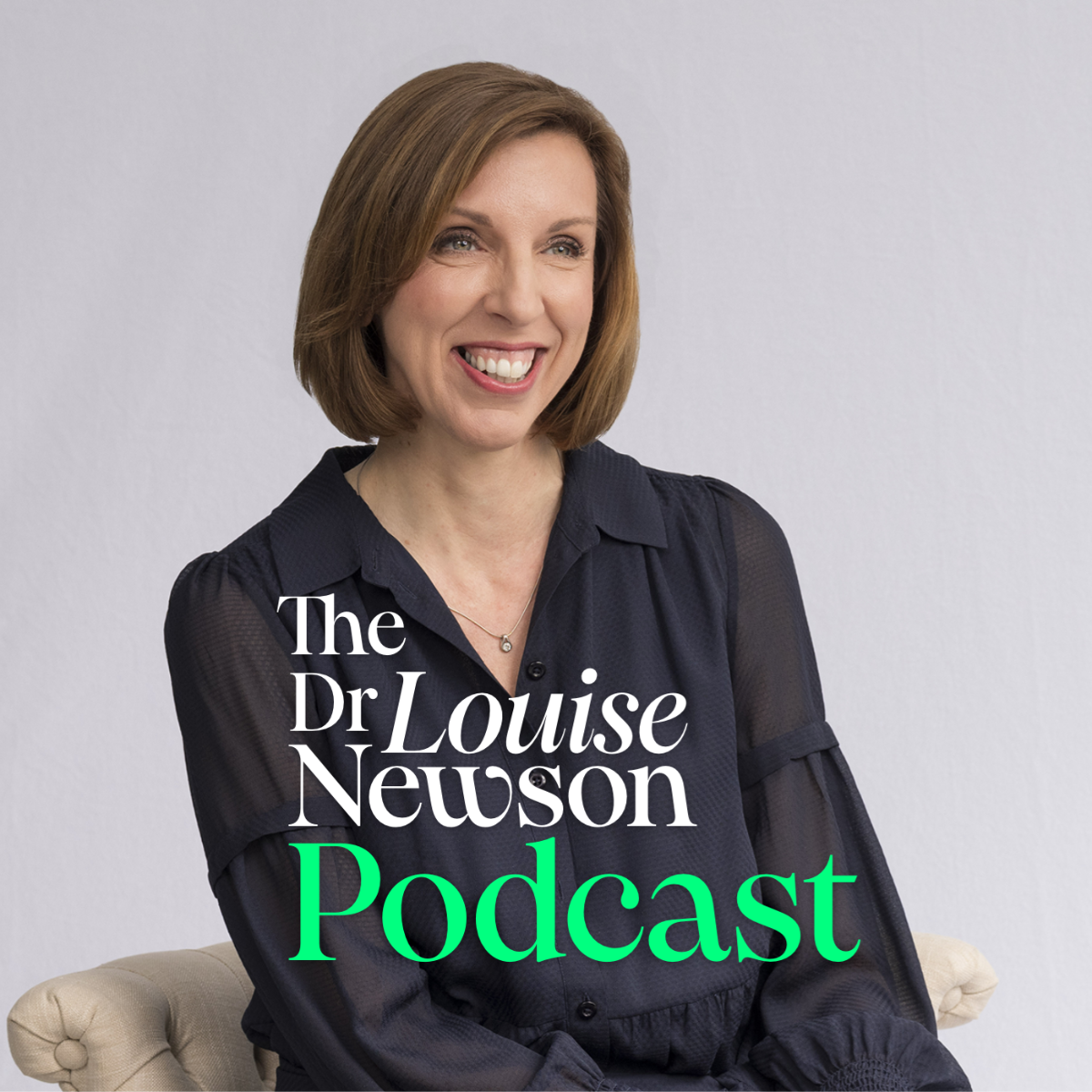How vitamin B can support your general and hormone health
- B vitamins can help reduce stress, stabilise mood and energy levels – issues which can all occur during menopause and times of hormonal change
- But how do B vitamins work together, and how do you ensure you're getting enough?
- Advice on supplements
B vitamins are important for overall health, supporting energy production and stress management. In addition, they can help reduce stress, stabilise mood, and support energy levels – issues which can all occur during perimenopause, menopause and times of hormonal change.
But what are B vitamins and how do they work?
This guide sets out what you need to know.
B vitamins: what are they?
There are eight B vitamins in total, which work together in the body and are often grouped as ‘B complex’, although each B vitamin offers unique benefits:
- Vitamin B1 (thiamine): essential for energy production, B1 helps prevent fatigue and can support brain function and mental clarity
- Vitamin B2 (riboflavin): B2 aids in energy production and supports skin and eye health
- Vitamin B3 (niacin): B3 promotes healthy circulation and supports mental clarity. It also has a calming effect on your nervous system, making it beneficial for anxiety
- Vitamin B5 (pantothenic acid): known as the anti-stress vitamin, B5 supports adrenal function, helping to manage your body’s response to stress and reduce fatigue
- Vitamin B6 (pyridoxine): B6 is especially valuable for mood regulation, as it plays a key role in producing serotonin, dopamine, and other chemical messengers known as neurotransmitters
- Vitamin B7 (biotin): biotin is important for healthy hair, skin, and nails. It also supports energy metabolism
- Vitamin B9 (folate): folate supports mood regulation and cognitive health. It works synergistically with B12 and is critical for DNA repair and cellular function, helping maintain overall vitality
- Vitamin B12 (cobalamin): B12 is essential for red blood cell production and energy, reducing fatigue and supporting cognitive function. It also works closely with folate to maintain your cardiovascular health.
RELATED: Inflammation, menopause and hormones: what’s the connection?
How can B vitamins support my health and wellbeing?
- Energy production: they help convert food into energy, providing support for the fatigue and low energy
- Mood regulation: B vitamins, particularly B6, B9 and B12, are essential for producing neurotransmitters like serotonin and dopamine, which help regulate mood and may alleviate irritability and low mood
- Cognitive health: B vitamins, especially B12 and folate, support brain function and may help with memory and focus, helping to improve brain fog
- Stress management: B vitamins, including B5, are essential for adrenal function, helping to moderate your body’s response to stress
- Heart health: B6, B9, and B12 help regulate homocysteine, an amino acid that when elevated can increase your risk of heart disease.
RELATED: All about vitamin D, menopause and hormone health
How and when should I take vitamin B?
The recommended daily amount of B vitamins varies between each type – for example, adults aged 19 to 64 need about 1.5 mcg a day of vitamin B12 [1].
A list of recommended daily amounts is available here on the NHS.uk website.
You should be able to get enough B vitamins by eating a balanced diet. If you are considering supplements, it’s important to remember that while supplements can offer benefits, they aren’t a replacement for a nutrient-rich diet. For the best results, combine a healthy, balanced diet with carefully chosen, targeted supplements.
RELATED: Can the Mediterranean diet help menopausal symptoms?
B vitamins are often taken together as a B complex supplement, which combines all essential B vitamins in one formulation, to ensure balanced support as the B vitamins work synergistically. A vitamin B complex supplement is best taken in the morning with your breakfast, as it helps with generating energy throughout the day. Vitamins B12 and B6 are often used in nighttime supplements due to their role in supporting sleep, plus they can help with the absorption of magnesium.
RELATED: Magnesium and hormone health
Choosing a supplement
With endless options, conflicting advice, and bold claims, choosing supplements can at times feel overwhelming.
Most vitamins and minerals are available in powder, capsule, tablet and liquid form. All have their merits, and which form you opt for usually comes down to personal preference: for example, if find tablets harder to swallow, you may prefer a liquid supplement.
RELATED: Omega-3,menopause and hormone health
Here are some tips on choosing a high-quality supplement:
Transparency: reputable brands clearly list all ingredients, including active vitamins, minerals, and any fillers or binders
Additives: all food supplements contain additives to preserve their integrity as well as to protect their activity and potency, but you should try to avoid artificial colours and flavours
Bioavailability (how easy it is for the body to absorb and utilise the nutrients): certain forms of vitamins and minerals are more easily absorbed than others
Check for clinical dosage levels: always check the packaging
Brand reputation: check the reviews and take some time to read about who they are and where they source their ingredients
Beware of outlandish claims: anything claiming ‘a miracle cure’ or ‘guaranteed results’ should be viewed with caution.
When it comes to B vitamins, some established brands include:
- Bionutri neuralactin plus
- Bionutri glucodophilus
- Biocare methyl B complex
- Nutri Advanced B complex
- Pure Encapsulations B complex
- Thorne Nutrition B complex.
RELATED: Friendly bacteria: how probiotics can help your health – and hormones too
Dr Louise Newson is a GP and Menopause Specialist. Dr Jo Sewell is a GP and Menopause Specialist. Joanna Lyall is a registered Nutritional Therapist with a practice in women’s health and menopause. She is a co-founder and Head of Nutrition at The Better Menopause.
All information given in this article is designed for general usage, and does not replace a conversation with your own medical or health practitioner. Supplements should never replace a healthy, balanced diet.
-












.png)


